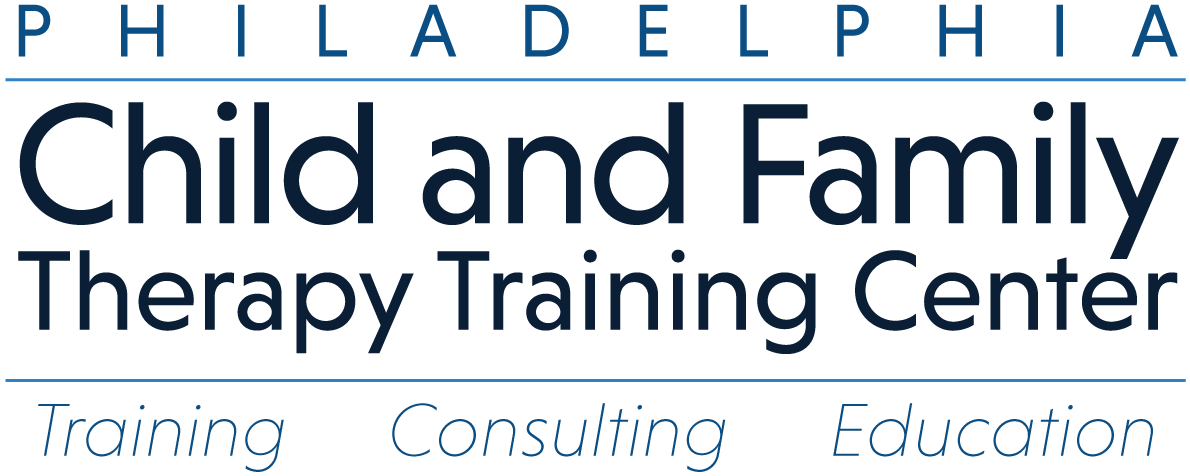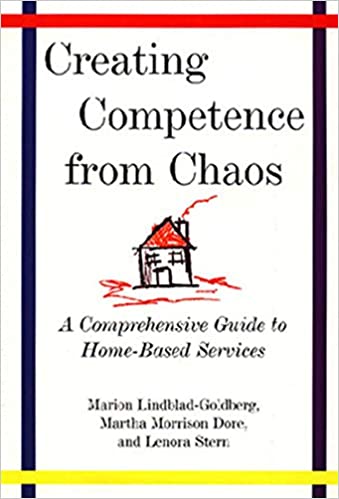
Enmeshment refers to family dynamics where boundaries are unclear, leading to confusion in roles and expectations. In such situations, parents may excessively depend on their children for support, hindering the children from achieving emotional independence and separation from their parents.
Children raised in enmeshed families often struggle with low self-esteem and a lack of personal identity. They may find it difficult to establish and maintain healthy relationships outside the family, as they have never learned how to set appropriate boundaries or advocate for their own needs.
As adults, they might continue to feel responsible for their parents’ happiness, leading to feelings of guilt and anxiety whenever they prioritize their own needs. This can manifest in various ways, including difficulty making decisions independently, a tendency to seek constant validation from others, and an overwhelming fear of rejection or abandonment.
Healing from enmeshment involves learning to set and maintain healthy boundaries. This can be a challenging process, but it’s essential for developing a strong sense of self and building healthier relationships. Here are some steps that can help:
- Recognize the problem: The first step towards healing is acknowledging that enmeshment exists and understanding its impact on your life.
- Seek professional help: A therapist can provide valuable guidance and support as you work through the complexities of your family dynamics and develop healthier patterns.
- Establish boundaries: Start by identifying areas where boundaries are needed and practice setting them. This might involve limiting the amount of personal information you share with your parents or asserting your need for independence.
- Focus on self-care: Prioritize activities and relationships that support your well-being and personal growth. This could include pursuing hobbies, spending time with supportive friends, or engaging in self-reflection.
- Develop a sense of identity: Explore your interests, values, and goals separate from your family’s expectations. This can help you build a stronger sense of who you are and what you want out of life.
- Practice saying no: Learning to say no without feeling guilty is crucial for maintaining healthy boundaries. Remember that it’s okay to prioritize your own needs and well-being.
- Build a support network: Surround yourself with people who respect your boundaries and support your journey towards independence.
Remember, healing from enmeshment is a gradual process that requires patience and persistence. By taking these steps, you can begin to reclaim your sense of self and create a more balanced and fulfilling life.



Leave a Reply